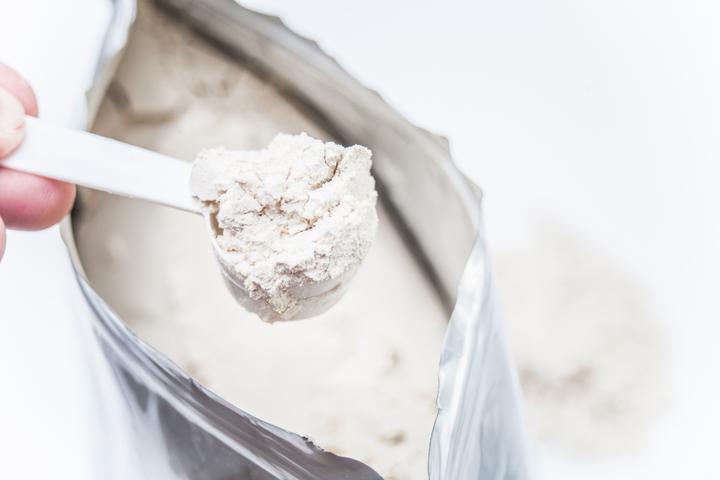New technologies that allow for the isolation or extraction of the components making up milk have allowed for an increase of available protein products.
Powders are obtained either by membrane techniques or by the co-precipitation of casein and whey proteins before drying. Two techniques are used primarily:
- Ultrafiltration: concentrates protein strains
- Microfiltration: increases the casein/ soluble protein ratio by a factor ranging from 4 to 10
This method is also used to obtain concentrates or isolates. This name corresponds to the protein content in a dry extract, which can vary from 60-90% (concentrated) to 90% (isolates) sold as MPC (Milk Protein Concentrate) or MPI (Milk Protein Isolate).
Milk Protein Concentrates also called MPC are concentrates of skimmed milk, whose protein content (caseins and serum proteins) in dry matter is higher than 42% and preferably even higher than 75%. Protein content varies according to the membrane concentration level: 42% to 85%. Ratio between casein and serum protein is almost identical to the one of the skimmed milk of origin. However MPC have different lactose content depending on protein concentration.
MPC may also have modified casein / serum protein ratios that are obtained by assembling liquids. For applications in cheese manufacturing, casein ratio will be increased whereas for diet or sport nutrition, serum proteins will be increased to boost nutritional value.
Ultrafiltration allows indeed a concentration of caseins and soluble milk proteins to a reduction factor of 6 to 7, this means a protein content of 18 to 20% and a dry matter rate of 25% (resulting in a 80% protein/dry matter ratio) with a mineral filler of 2%. One may obtain a higher purity grade with a protein/dry matter ratio around 90% through diafiltration in order to eliminate lactose and soluble minerals.
Protein concentrates are widely used to standardise milk in cheese manufacturing, for their functional properties in second transformation industry and for their nutritional properties in diet products.
MPC properties are solubility, stability to heat treatment and coagulation. They also help preserving taste, which is one of the reasons why they are widely used in dairy and cheese industry, sometimes even with very high dosage in cheese manufacturing without serum separation. In dairy industry MPC are used in milks, dairy beverages and fermented milks (texture and gel strength) in order to either adapt protein composition of milk for an expected texture or to manufacture dairy beverages with little to no milk.
MPC are used as dairy ingredients in food formulation. In cheese manufacturing, MPC are added to the milk to increase protein content and improve performance.
The main advantage of MPC is that structure and amino acid content of milk protein remain intact during separation and concentration. But MPC are also widely used for their numerous functional properties:
- Dairy produce: cheese, yoghurts, sauces, dairy beverages, creamy desserts:
- Gelation properties (thickening, hydrophilic agent): water is captured in a protein structure increasing viscosity.
- Bakery (dough, cakes)
- Browning properties: Maillard reaction between lactose and proteins
- Desserts, icing: meringues, mousses, cakes, ice creams:
- Foamability: creates a stable film of bubbles (proteins act as interface air/water)
- Meat-salting, pork, sausage industries:
- Emulsifier: creates and stabilises fat emulsion (proteins act as interface oil/water)
- Cheese industry:
- Improves the performance by using MPC with milk to increase protein content.
MPI (milk protein isolates) are protein concentrates containing more than 85% of proteins. The protein material rate varies depending on the level of membrane concentration. These are obtained by milk ultrafiltration and/or microfiltration. The latest generation of MPI consist in controlling the content of minerals, particularly calcium.
In dairy, MPI are usually recommended more often than MPC, because these technologies do not require a particular lactose supply. Native caseins are sought after for their rheological qualities in traditional cheese or in texturing melted cheeses. MPI can be used for all types of cheeses: fresh cheeses, soft cheeses and hard cheeses, with spun pastes, and processed cheese.
